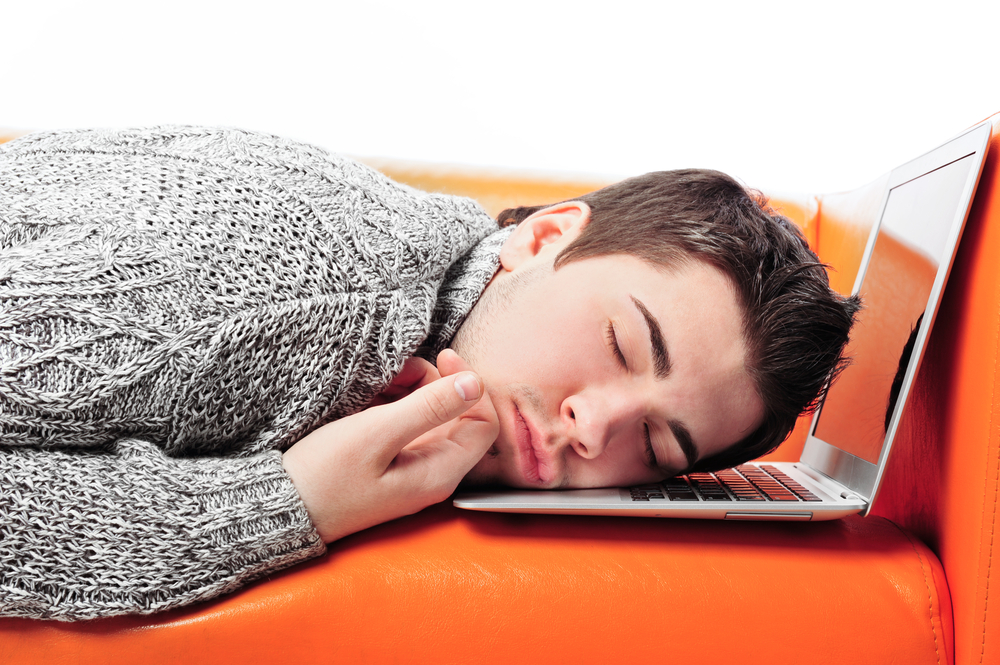
Poor sleep hygiene negatively impacts your ability to focus, your working memory, decision making and problem-solving skills.
According to the Sleep Foundation.Org here are the suggested requirements for sleep:
Age 6-13: 9-11 hours
Age 14-17: 8-10 hours
Age 18-25: 7-9 hours
Age 26-64: 7-9 hours
Age 65+: 7-8 hours
Excluding diagnosed sleep conditions or a life transition such as a new baby in the house, you can make some adjustments to help facilitate a more restful night of sleep which can facilitate a more productive day tomorrow.
We are creatures of habit and here are easy ways to form new habits to sleep more easily and deeply.
1.) Set the mood.
Establish a bedtime routine that signals your brain that sleep is imminent.
- A warm bath
- A cup of tea
- Dim the lights
- Eliminate stimulating screen time at least 60 minutes before bed
- Read a book
2.) Beverage check.
For some, caffeine can linger in our system long after that lunchtime latte. Therefore, you may want to reduce your caffeine intake after 12 noon.
Understand that alcohol may make it easier to fall asleep but can interrupt your deep sleep later.
3.) Environment.
- Sleep researchers suggest the most ideal room temperature for sleep is 65 degrees Fahrenheit.
- Choose a comfortable pillow and mattress.
- Make your sleep space as dark as possible by eliminating any ambient light sources including your mobile phone or a bright display on a clock.
4.) Consistency.
Go to sleep and wake up at regular times each day. It’s hard to do but experts suggest you stick with the same schedule for the weekends as well.
5.) Additional calming implements.
If you need or want more encouragement towards sleep, here are some highly recommended products to add into your space or routine.
- A weighted blanket
- Aromatherapy Diffuser
- Eye pillow or eye mask
- Soothing sound machine
- Cooling pillow or mattress
- Black out curtains
Prioritizing good sleep practices is simply a form of self care. Be good to yourself.

